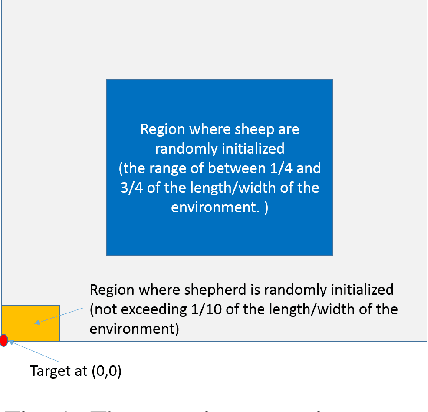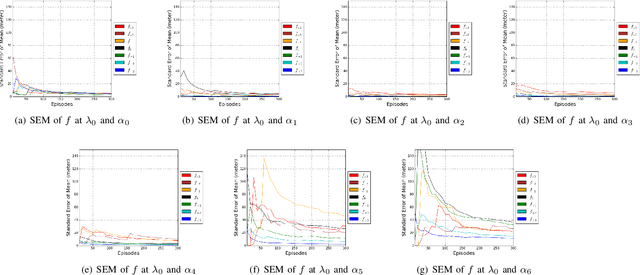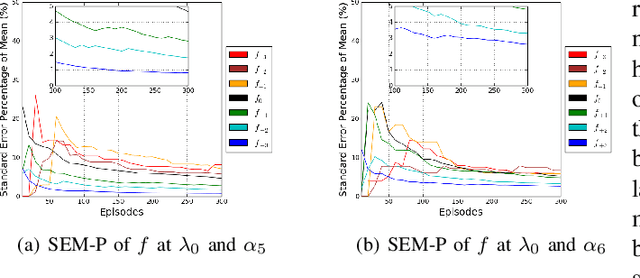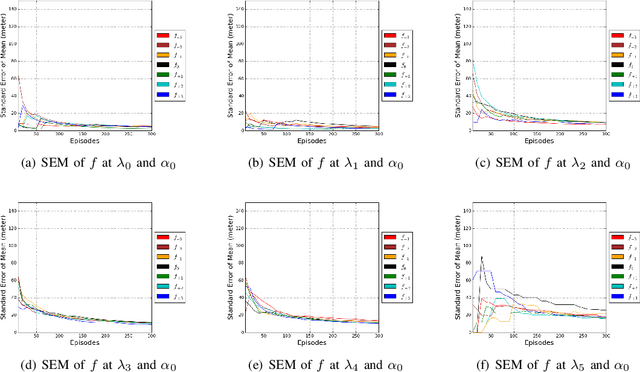Disturbances in Influence of a Shepherding Agent is More Impactful than Sensorial Noise During Swarm Guidance
Paper and Code
Oct 03, 2020



The guidance of a large swarm is a challenging control problem. Shepherding offers one approach to guide a large swarm using a few shepherding agents (sheepdogs). While noise is an inherent characteristic in many real-world problems, the impact of noise on shepherding is not a well-studied problem. We study two forms of noise. First, we evaluate noise in the sensorial information received by the shepherd about the location of sheep. Second, we evaluate noise in the ability of the sheepdog to influence sheep due to disturbance forces occurring during actuation. We study both types of noise in this paper, and investigate the performance of Str\"{o}mbom's approach under these actuation and perception noises. To ensure that the parameterisation of the algorithm creates a stable performance, we need to run a large number of simulations, while increasing the number of random episodes until stability is achieved. We then systematically study the impact of sensorial and actuation noise on performance. Str\"{o}mbom's approach is found to be more sensitive to actuation noise than perception noise. This implies that it is more important for the shepherding agent to influence the sheep more accurately by reducing actuation noise than attempting to reduce noise in its sensors. Moreover, different levels of noise required different parameterisation for the shepherding agent, where the threshold needed by an agent to decide whether or not to collect astray sheep is different for different noise levels.
 Add to Chrome
Add to Chrome Add to Firefox
Add to Firefox Add to Edge
Add to Edge